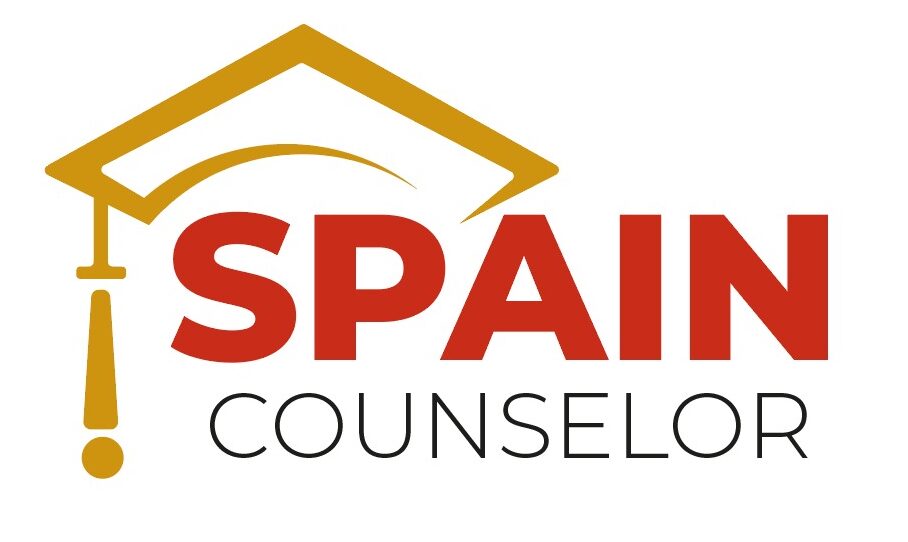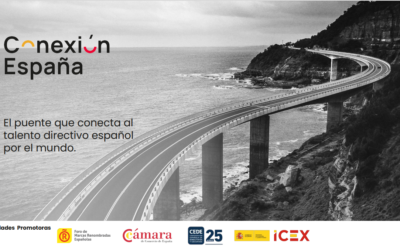Requirements for students who completed their education in the rest of Europe, in the Swiss education system, the International Baccalaureate, the European Baccalaureate, the Chinese education system, or any country that has a bilateral agreement with Spain.
If you have completed one of the programs that are part of these education systems, you just need to submit the credential given by the UNED (Universidad Nacional de Educación a Distancia) that certifies that you are qualified to start your college education.
The UNED is responsible for providing a Spanish equivalent grade on a scale from 1 to 10.
The credential issued by the UNED can be obtained on their website. However, this process can be complex for students from schools outside of Spain, which is why we strongly recommend that you let our SPAIN Counselor team ment do it for you.
SPAIN Counselor can help you get the necessary UNEDasiss accreditations, needed to start the application process for undergraduate degrees at Spanish universities.
The documentation needed to obtain the credential is the following:
• A photocopy of your DNI (if you are Spanish) or your passport, as well as a photocopy of the following documents:
• Diploma or certificate that allows university-level access in your corresponding education system. Those who completed the British education system (A Levels) also need to submit a certified photocopy of the GCSE and GCE A2 certificates.
• Academic certificate* of your last two years of high school. If your school uses more than one scale (i.e. a numeric one and a letter-based one), the conversions of your grades to be used by the UNED need to appear in these scales.
Candidates who completed their education in China must submit an official translation into Spanish of the relevant academic documentation. This translation can be certified at the Spanish Embassy in China. They also must submit the validation report of the Gaokao exams. If this report is certified in English, the UNED will not need the translation into Spanish.
Requirements for students from other education systems
If you studied in an education system not mentioned above, you must obtain your high school studies’ equivalent in the Spanish Baccalaureate system. This is called homologación.
Homologación is a process in which the Spanish Ministry of Education certifies that your high school studies allow you to enroll in a Spanish university, the same way it would if you had graduated from a Spanish school. At the end of the process, the Spanish Ministry of Education will certify your homologación. This certificate implies that you have a Spanish Baccalaureate certificate. It is generally accepted by private universities but not always by public universities. For example, in Catalonia, public universities require the homologation granted to assign places.
This process can take several months, so you’ll need to present the initial documentation to your University as soon as possible. However, this does not mean you can’t enroll before obtaining the homologación of your studies. The Spanish Ministry of Education allows you to enroll (temporarily) by presenting a document that shows your homologación request.
Requirements for students who completed their education in Spain.
If you studied in Spain, or in a school outside of Spain that complies with the Spanish education system, you will need to submit your Nota oficial obtenida en las <Pruebas de Acceso a la Universidad EvAU> that proves you have officially passed the exam.










